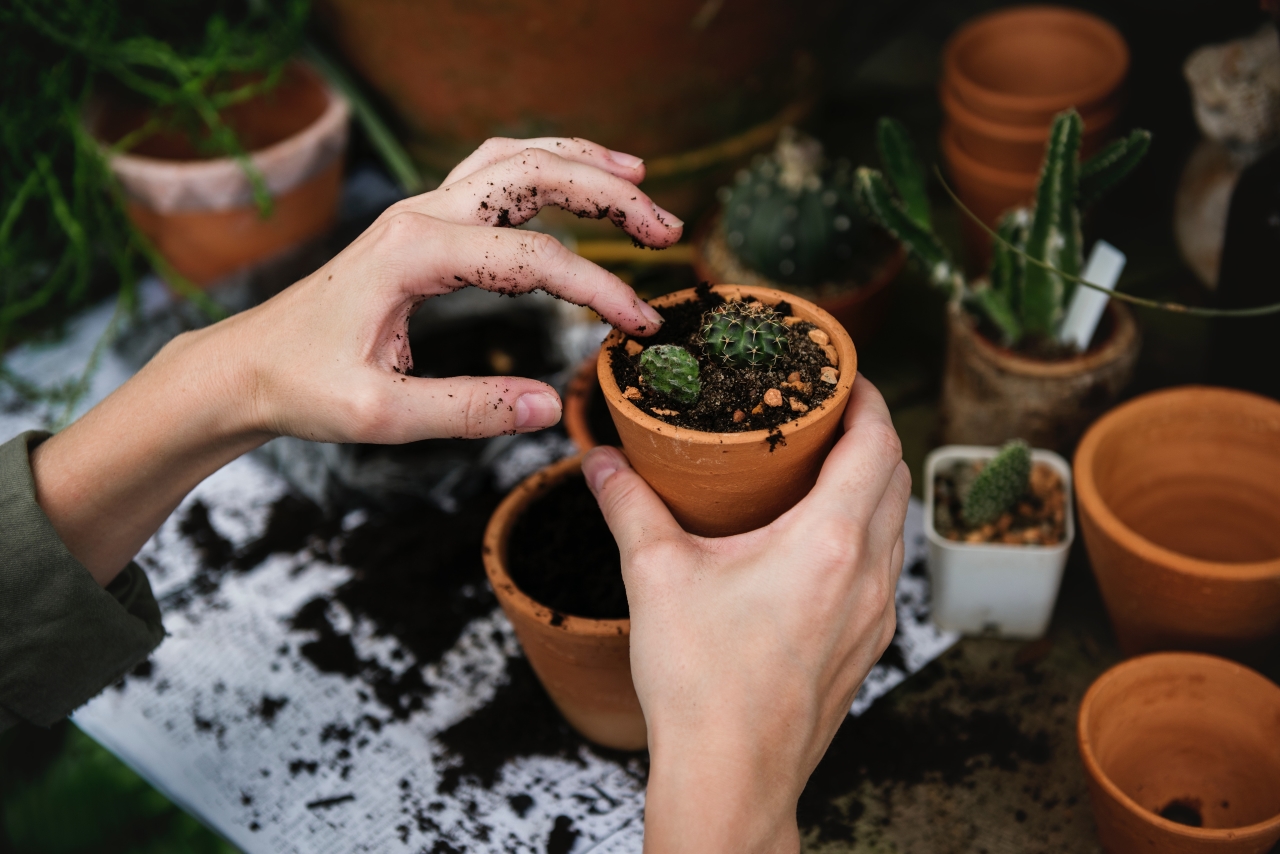Gypsum might be used for construction, but since it’s a great source of calcium you can also use it as a fertilizer if you want to. The great benefit here is that you can easily protect plants from nutrient excess or deficiency. Basically, you can prevent situations when your plants have heavy metal contamination or a very high/low pH. If you combine it with organic matter, gypsum has the potential to boost the soil structure naturally and that will help a lot.
Should you use gypsum as fertilizer?
The purest form of gypsum has 19% sulfate and 23% calcium. These are some of the most important plant nutrients, so adding gypsum to the soil can help your plant quite a bit. Plus, calcium is hard to acquire by plant roots from regular soil. With help from gypsum, you get to boost the root uptake of numerous other nutrients too. It’s a very fast and convenient method you can use and it will work amazingly well if you do it properly.
Also, you need to keep in mind that both shoots and roots are very sensitive when it comes to lack of calcium. What matters the most here is the calcium to sodium ratio, sometimes even more than the calcium concentration itself.
What are the signs of calcium deficiency?
There are some things you need to focus on when it comes to searching for calcium deficiency in plants. The first sign would be weakened stems. At the same time, it might also be a problem when you have to deal with the premature shedding of buds and blossoms.
The same thing happens when you see the plant’s leaves with a dark green patch. In latter stages you can even see dead root tips and terminal buds too. Another symptom would be discolored areas on fruits, water-soaked regions and so on.
Can you use gypsum as a soil conditioner?
Normally if you have soil with lots of exchangeable sodium, you will notice that kind of soil will start losing structure. In order to avoid that you need to revitalize your soil, and gypsum can help you with that. Start applying it and then pour around 6-7 inches of water just to be safe. What happens here is that the calcium from your gypsum will replace sodium and your soil will be more supportive of root growth.
Gypsum doesn’t have a major effect on the soil pH. You can use limestone if you want to boost the pH of your soil. In case the soil is alkaline, you can decrease the pH of your soil with gypsum, but only with a very small amount.
If you want to use gypsum as fertilizer, you can totally do that but it’s a good idea to perform a calcium analysis first. This will let you know the total amount of gypsum you need. Adding too much of it can cause issues, and that’s why you need to be very careful. But if you take all these things into consideration and focus on results, you will find that gypsum is amazing for your garden and it can help your plants grow quickly!
